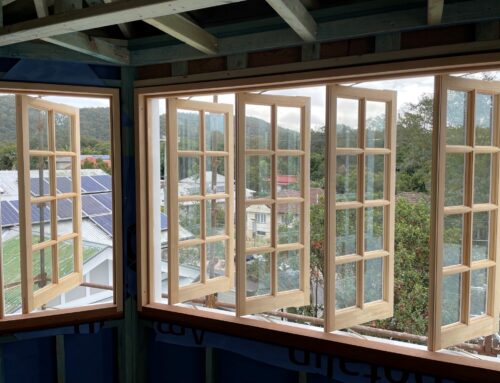The media this week has made much of the case involving the woman who fell from a McDonald’s roof whilst on a smoking break. So what is all the fuss about? Well, the Court found that she was entitled to worker’s compensation despite the fact her official work shift had not yet commenced when she fell.
In 2016 Ms Sarkaria arrived 10 minutes before her shift was due to begin at a suburban McDonald’s restaurant. She sourced a three metre ladder from the storeroom and proceeded to climb the roof to have a cigarette. It as whilst she was coming back down the ladder that she fell and broke her leg.
Ms Sarkaria lodged an Application for workers’ compensation benefits with WorkCover Queensland. Her Application was rejected and that rejection was ultimately upheld on appeal to the Queensland Industrial Relations Commission (“QIRC”). The worker proceeded with an appeal to the Industrial Court of Queensland which handed down its decision on 14 January 2019.
The QIRC had found that the event happened on the day on which the worker had attended at her place of employment as required pursuant to the terms of her employment contract. However, it did not find that the event happened while the worker was temporarily absent from the place of employment during an ordinary recess. It was this finding the worker appealed.
The Industrial Court found in the worker’s favor and set aside the findings of the QIRC. The Industrial Court noted that a matter which did not receive much attention in the earlier decisions was the actual site of the occurrence of the injury. The worker was not injured on the roof, she was injured when she descended the ladder and slipped. Whilst she was not authorised to be on the roof to have a cigarette, she had accessed the roof on previous occasions for cleaning purposes.
Most significantly the decision turned on the “recess” argument. Employees, including Ms Sarkaria, were required by a McDonald’s policy to attend work 10 minutes before their shifts were due to commence to allow a smooth transition between the different shifts. The President of the Industrial Court found “although none of the employees at the restaurant would serve a customer, or cook food, or lift a mop from the time they arrived until their shift commenced … they had, … commenced work”. The President went on to find that the 10 minute period before the shift was an “ordinary recess” for the purposes of the legislation thus entitling the injured Ms Sarkavia to compensation benefits.
The presence of workers at their place of employment, whether that be McDonalds or another employer, at a fixed time before their shift was to commence, had to, in the President’s view, afford those workers protection if they were injured before their shift was due to commence. That rationale being consistent with the general rule of interpretation that workers’ compensation legislation is “beneficial” legislation.
Whilst workers injured on lunch breaks (an ordinary recess) have been afforded the right to compensation, workers injured before a shift is due to commence, who otherwise have not have been so entitled, may now have the right to compensation benefits. However, the case does turn on its facts. Most significantly in this case, the fact that McDonald’s workers were required to be at work 10 minutes before they officially clocked on, pursuant to the terms of their employment contract.






